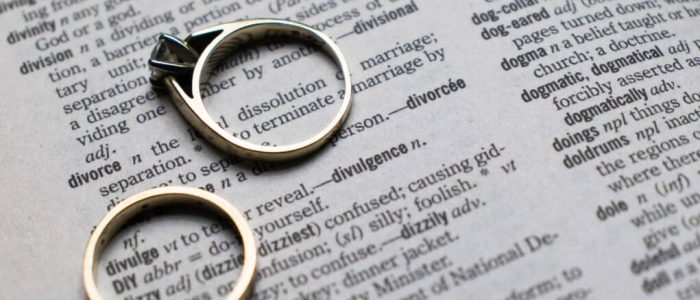As a divorcing parent battling over custody, there is always the fear that your child will decide they would rather live with the other parent. Even once custody has been determined, parents worry as children get older, they will want to move in with the other parent.
Rest assured that minor children can’t make legal decisions, such as where they want to live. It is a common misconception that once a child reaches a certain age, they can decide which parent to live with. In truth, those responsible for determining custody are the parents or a judge if the parents can’t agree. Any child under the age of 18 does not have the final say in where they will live.
While a judge may consider an older child’s wishes, a child’s opinion is only one factor. Ultimately a judge will be guided by what is in the best interest of the children involved. Some factors considered may include:
- each parent’s preference
- each parent’s ability to provide the child with food, clothing, and a safe home
- the health and mental wellness of each parent and the child
- adverse effects a child’s present or past living conditions may have had on the child’s physical, mental, moral, or emotional health
When determining custody, neither parent begins with any greater right to custody than the other. The final decision is guided by the children’s welfare and happiness. Minor children cannot override an agreement made between parents or by a judge.



